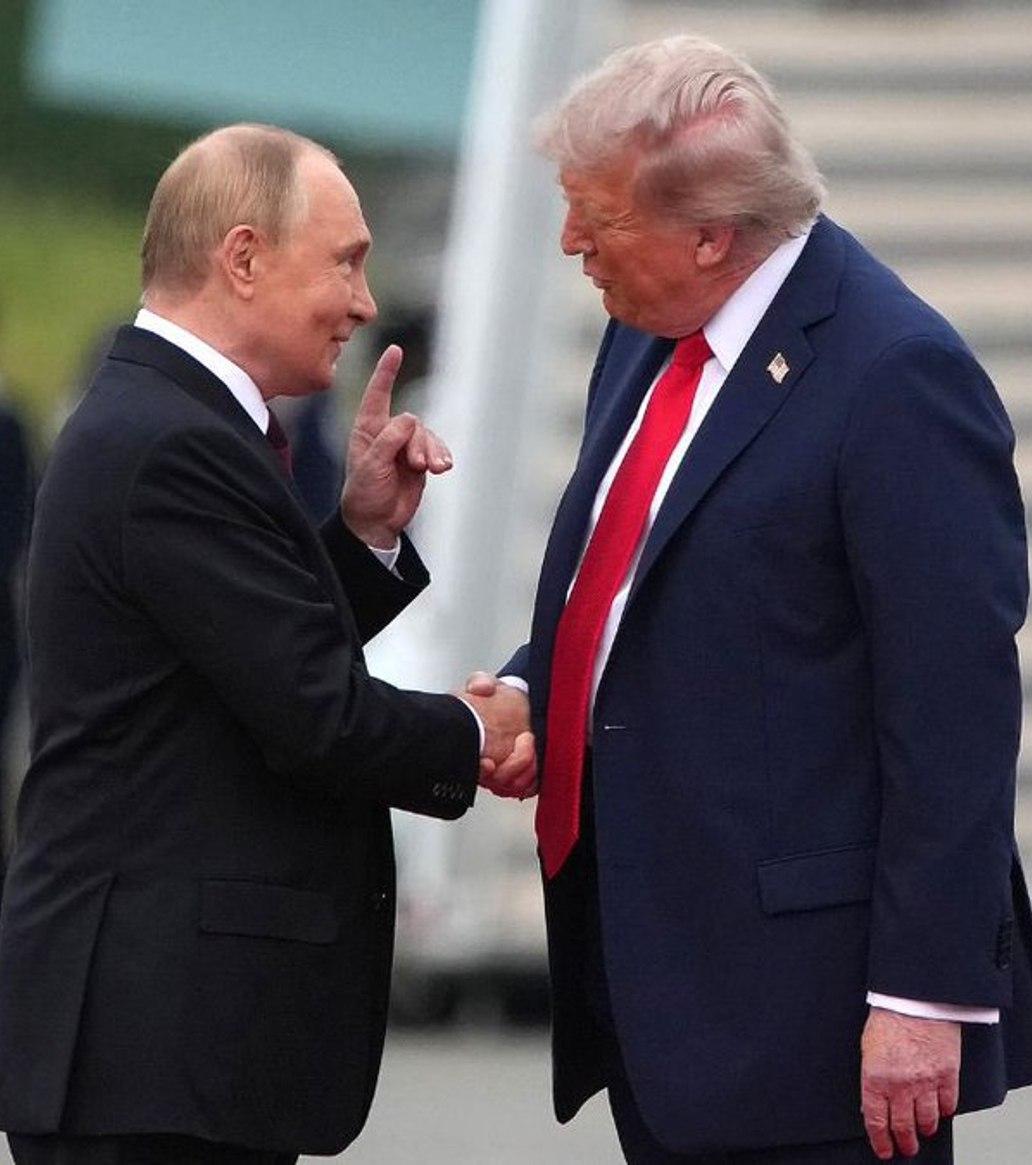
On Friday night in Anchorage, Alaska, U.S. President Donald Trump and Russian President Vladimir Putin held one of the most closely watched meetings of 2025. Expectations were running high, not because of hopes for an immediate peace deal between Russia and Ukraine, but because of the potential fallout for global geopolitics and markets, especially India. The outcome was clear: no deal, no ceasefire, and no progress toward ending the three-year-old war.
Why the Meeting Mattered for India
The reason New Delhi and Indian investors were closely monitoring this meeting was Trump’s warning issued earlier in the week. He had stated bluntly that if peace talks between Russia and Ukraine failed, his administration would impose additional tariffs on India, citing New Delhi’s continued purchase of discounted Russian oil. For India, this meant potential economic repercussions directly tied to the success or failure of the Alaska summit.
What Happened in Alaska
The meeting between Trump and Putin was long and intense but yielded no concrete result. As expected, the chances of a breakthrough were slim—less than 1%, as most analysts had predicted.
No ceasefire was declared, meaning Russian attacks on Ukraine will continue. Russia remains in a dominant military position, steadily capturing more Ukrainian territory. Despite mounting human losses, economic sanctions, and destruction, Moscow has no intention of giving up ground it has already seized.
Putin made his position clear: he would consider ending the war only if Russia retained 50% of Ukrainian territory. This demand was unacceptable not only to Trump but also to Ukrainian President Volodymyr Zelensky, who had already stated Ukraine’s only condition for peace—Russia must withdraw and return all occupied land. With both sides unwilling to compromise, talks collapsed.
No Ceasefire, No Nobel Peace Prize
The lack of a ceasefire dashed Trump’s unspoken hopes of positioning himself as a global peacemaker. A ceasefire or breakthrough could have elevated his chances for international recognition, even a Nobel Peace Prize, similar to how Pakistan credited Trump with helping stop India-Pakistan clashes in the past. However, Indian Prime Minister Narendra Modi made it clear in Parliament that no third party had intervened in India’s matters, denying Trump such credit earlier. This time as well, no such moment arrived for Trump.
Putin’s Surprise Invitation
At the end of the meeting, Trump stated that he would meet Putin again soon. Unexpectedly, Putin, speaking in English—a rare move—invited Trump to Moscow for the next round of talks. Trump appeared caught off guard by the quick invitation and hesitated, pointing out NATO and domestic political concerns. Whether such a meeting will materialize remains uncertain.
India and Tariffs: The Key Question
The central issue for India remains whether Trump will impose new tariffs. During the press conference, Trump was asked directly whether India should expect penalties now that the deal had failed. His response was ambiguous: “Maybe I won’t have to do it.”
This left observers puzzled. The President’s language suggested he was backing away from his earlier threats but without offering guarantees. Trump also made a questionable claim that India was no longer purchasing Russian oil. According to him, this was the reason additional tariffs might not be necessary.
However, there has been no official announcement from the Indian government confirming any reduction in Russian oil imports. In fact, data shows that India has bought even more Russian oil this August compared to Iranian supplies. Trump’s claim appears to be inaccurate, possibly a political statement made for domestic consumption.
Trump’s Shifting Words and Market Uncertainty
The problem with Trump’s remarks is the uncertainty they create. His use of “maybe” leaves open the possibility of sudden reversals. Markets and policymakers cannot rely on his words alone. Trump has a record of changing positions quickly, and his claim about India’s oil imports only adds to the confusion.
For now, there is no official confirmation of additional tariffs on India. But the uncertainty remains a cloud hanging over New Delhi and global markets.
Conclusion
The Alaska meeting between Trump and Putin produced no peace deal, no ceasefire, and no breakthrough. Russia continues its war in Ukraine, demanding half of the country’s territory as the price for stopping hostilities, while Ukraine insists on full territorial integrity. Trump, unable to broker peace, left with little to show for the summit.
For India, the key outcome is the lingering question of tariffs. While Trump suggested he “maybe” would not impose them, his inaccurate claim about India halting Russian oil purchases shows how unpredictable the situation remains. The Indian government may soon issue an official statement clarifying the reality of its energy imports, and Trump’s reaction to that will determine the next phase.
Markets will now wait for Monday to see how investors digest the failed summit, Trump’s ambiguous tariff stance, and the ongoing uncertainty surrounding U.S.-India trade relations.




